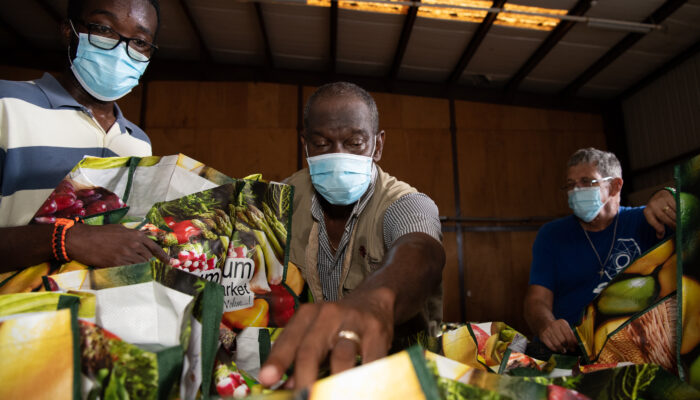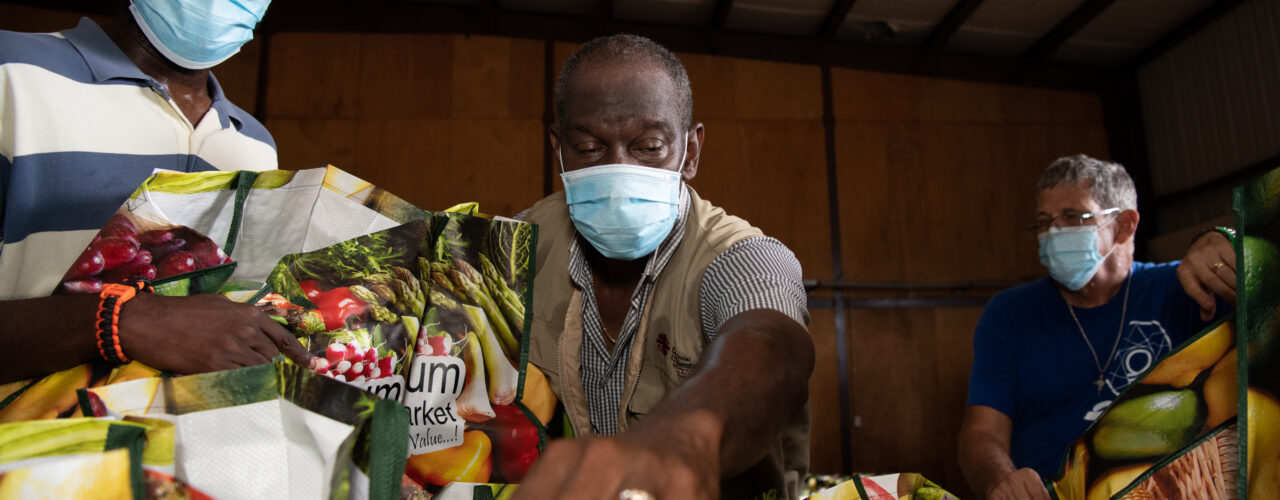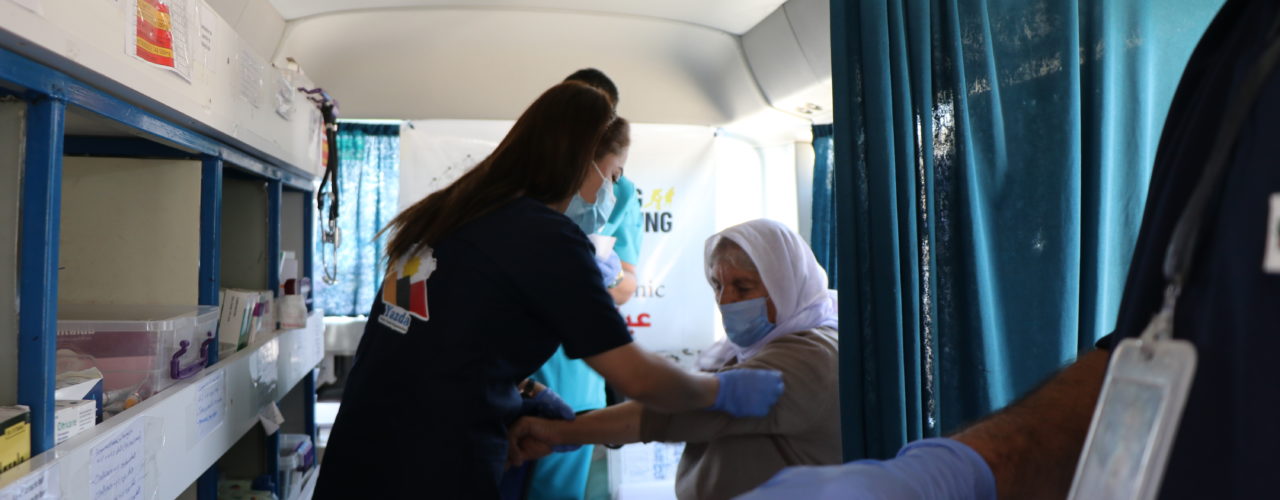Covid and localisation

Introduction
When Covid-19 started to spread around the globe the realization that the pandemic would likely have an impact on the provision of humanitarian aid around the world started to come as well. The accessibility issues that logically followed lockdowns raised hopes that as a side effect, localisation processes in the humanitarian sector would be revived or accelerated. But did this become reality?
Covid-related complications
The spread of Covid-19 and the subsequent restrictions both exacerbated existing humanitarian needs and complicated the delivery of humanitarian assistance. Logically, the increasing number of Covid infections amplified the need for health and wash related assistance. Indirectly, however, the pandemic increased many other needs as well. Economic uncertainty and the following deterioration of the global economy led to high inflation in some countries, decreasing purchasing power of already poor families. As a result, many more people became dependent on food assistance. In some areas, this uncertainty and reduced access to goods and services led to instances of violence, whereas we saw a worldwide increase in domestic violence related to mobility restrictions.
While humanitarian needs only increased in many parts of the world, the capacity of international NGOs to deliver the necessary aid was greatly restricted due to Covid-related circumstances.

Opportunities for localisation
Although the pandemic complicated the work of many international NGOs, it also brought new opportunities. As it showed, local organisations are much better equipped to respond to humanitarian needs in their communities. They are closer to the recipient communities and therefore quicker to register changed or increased needs. Moreover, their staff has a good understanding of the local restrictions and how to work around them, and are not as much affected by international travel bans.
There is still work to do
There are still systemic boundaries that stand in the way of true localisation. There is a need for international NGOs to advocate for equitable partnerships at the donor level and to increase funding for local capacity building. Equitable and genuine partnerships that are characterized by the absence of hierarchical structures must be established in order for local NGOs to truly believe that the localisation efforts of international NGOs are sincere.

Conclusion
Clearly, the worldwide outbreak of the Coronavirus has had a severe impact on humanitarian work.
The health risks and economic uncertainty caused by the pandemic exacerbated the needs of people in already fragile situations and at the same time delayed and complicated the provision of humanitarian assistance. The restrictions experienced by international NGOs presented an opportunity for local NGOs to step in and take on more responsibilities. In some respects, this has led to an increasingly localized approach, raising the hopes that international NGOs will accelerate and intensify localisation processes. However, a lot remains to be done for the humanitarian sector to become truly localized and really share decision-making power with local actors.
Read the whole synthesis report here.
